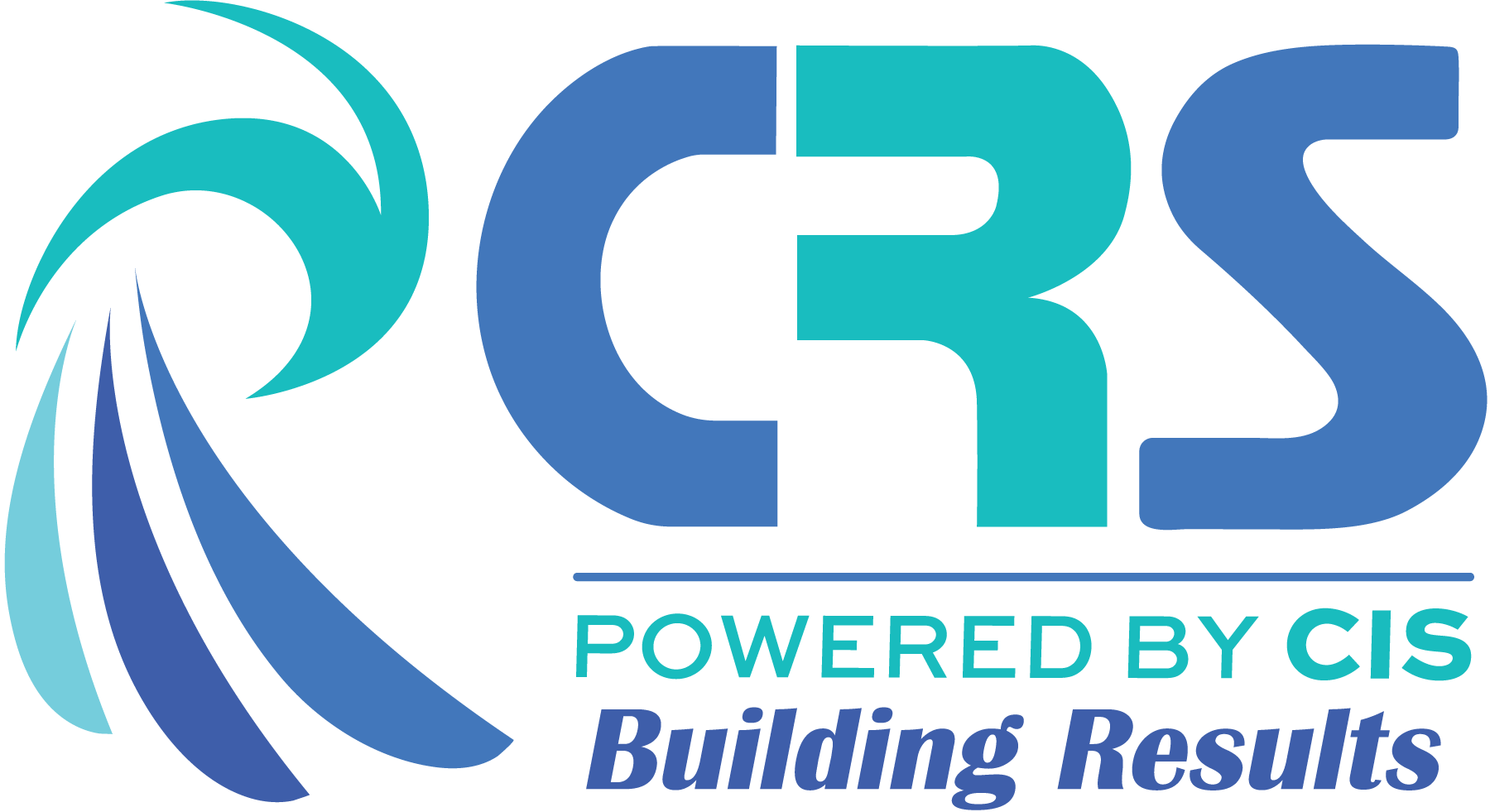Risk management plays a vital role in minimizing claims and reducing financial loss for construction companies. By conducting assessments and analyses of workers’ compensation and general liability insurance, businesses can proactively address potential risks. This approach not only minimizes the chances of a claim but also safeguards against significant financial losses.
Creating Plans and Goals
Implementing risk management involves strategic planning and the establishment of procedures. Regular inspections, conducted quarterly, monthly, or every six months, allow for the identification of recurring issues and the implementation of preventive measures. For example, if slip and fall incidents or repetitive injuries are observed, appropriate procedures can be put in place to mitigate these risks, such as improving safety protocols or modifying equipment.
Help To Lower Insurance Rates
One of the significant benefits of risk management is its potential to lower insurance premiums. When a company faces multiple claims resulting in high insurance premiums, engaging a risk management specialist can be instrumental in devising procedures to reduce incidents and associated costs. By investing in risk management ahead of time, companies can proactively address potential issues at an affordable price.
Start An Assessment Of Risk
The risk management process often begins with a mock OSHA analysis, which helps evaluate job safety and identifies equipment-related concerns. Additionally, third-party analyses and reports can serve as valuable evidence in case a claim arises, demonstrating the contractor’s due diligence and adherence to safety standards. These reports can also support efforts to negotiate lower insurance premiums during policy renewals.
Work With A Professional Saves Time and Loss
Collaboration with risk management specialists is essential, as they provide access to online software platforms designed to manage subcontractors, certificates of insurance, and policy renewals. Such platforms streamline communication and ensure compliance with training requirements, such as providing training videos and generating certificates. This comprehensive approach not only assists with insurance-related matters but also aids in meeting OSHA and HR obligations.
A Powerful Tool In Construction
Risk management is an indispensable tool for contractors, enabling them to control insurance rates and mitigate potential claims. By continually monitoring and adapting to changing regulations and requirements, businesses can proactively address risks and prevent financial losses. By integrating risk management with insurance, companies can create a harmonious and effective risk mitigation strategy. For more information on this subject, please feel free to contact me.

